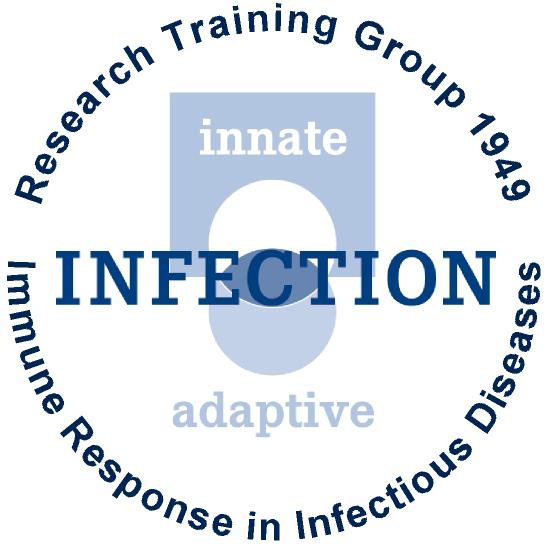Area II - Project 6 - Stefanie Flohé
Principal Investigator:

Prof. Dr. rer. nat. Stefanie Flohé
Department of Orthopedics and Trauma Surgery
University Hospital Essen
University of Duisburg-Essen
Phone: +49 201 723 4405
Antigen-independent activation of T cells
during polymicrobial sepsis and its impact on
the differentiation and function of myeloid cells
Sepsis is the uncontrolled host response to systemic, mostly bacterial infection and represents a major cause of death worldwide. In parallel to severe systemic inflammation a state of immunosuppression develops that is associated with an enhanced risk for secondary life-threatening infections. Functional reprogramming of innate immune cells contributes to the development of sepsis-induced immunosuppression. In addition, T cell activation takes place early during sepsis in an antigen-independent manner. This project aims to elucidate the involvement of T lymphocytes in functional reprogramming of myeloid cells, such as dendritic cells and neutrophils during murine polymicrobial sepsis. T cell-derived signals that act on dendritic cell differentiation and on mature dendritic cells in lymphoid and non-lymphoid tissues will be investigated in vivo and in vitro. Novel therapeutic approaches that target these T cell-derived signals during sepsis will be evaluated with regard to restoration of the innate immune system and defense against secondary infections.
Publications
Smirnov, A, Pohlmann S, Nehring M, Ali S, Mann-Nüttel R, Scheu S, Antoni AC, Hansen W, Buettner M, Gardiasch MJ, Westendorf AM, Wirsdörfer F, Pastille E, Dudda M, Flohé, SB. Sphingosine 1-phosphate- and C-C chemokine receptor 2-dependent activation of CD4+ plasmacytoid dendritic cells in the bone marrow contributes to signs of sepsis-induced immunosuppression. Front. Immunol. 2017; 8:1622.
Pastille E, Pohlmann S, Wirsdörfer F, Reib A, Flohé SB. A disturbed interaction with accessory cells upon opportunistic infection with Pseudomonas aeruginosa contributes to an impaired IFN-γ production of NK cells in the lung during sepsis-induced immunosuppression. Innate Immun. 2015 Feb;21(2):115-26.
de Haan JJ, Pastille E, Wirsdörfer F, Lubbers T, Greve JW, Zhang Y, Buurman WA, Flohé SB. Lipid-rich enteral nutrition improves the defense against an opportunistic infection during polymicrobial sepsis. Shock. 2014 Feb;41(2):109-14.
Bruns S, Pastille E, Wirsdörfer F, Frisch M, Flohé SB. Lipopeptides rather than lipopolysaccharide favor the development of dendritic cell dysfunction similar to polymicrobial sepsis in mice. Inflamm Res. 2013 Jun;62(6):627-36.
Pastille E, Didovic S, Brauckmann D, Rani M, Agrawal H, Schade FU, Zhang Y, Flohe SB. Modulation of dendritic cell differentiation in the bone marrow mediates sustained immunosuppression after polymicrobial sepsis. J Immunol 2011;186:977-86.
Flohe SB, Agrawal H, Flohe S, Rani M, Bangen JM, Schade FU. Diversity of interferon gamma and granulocyte-macrophage colony-stimulating factor in restoring immune dysfunction of dendritic cells and macrophages during polymicrobial sepsis. Mol Med 2008;14:247-56.
Flohe SB, Agrawal H, Schmitz D, Gertz M, Flohe S, Schade FU. Dendritic cells during polymicrobial sepsis rapidly mature but fail to initiate a protective Th1-type immune response. J Leukoc Biol 2006;79:473-81.


